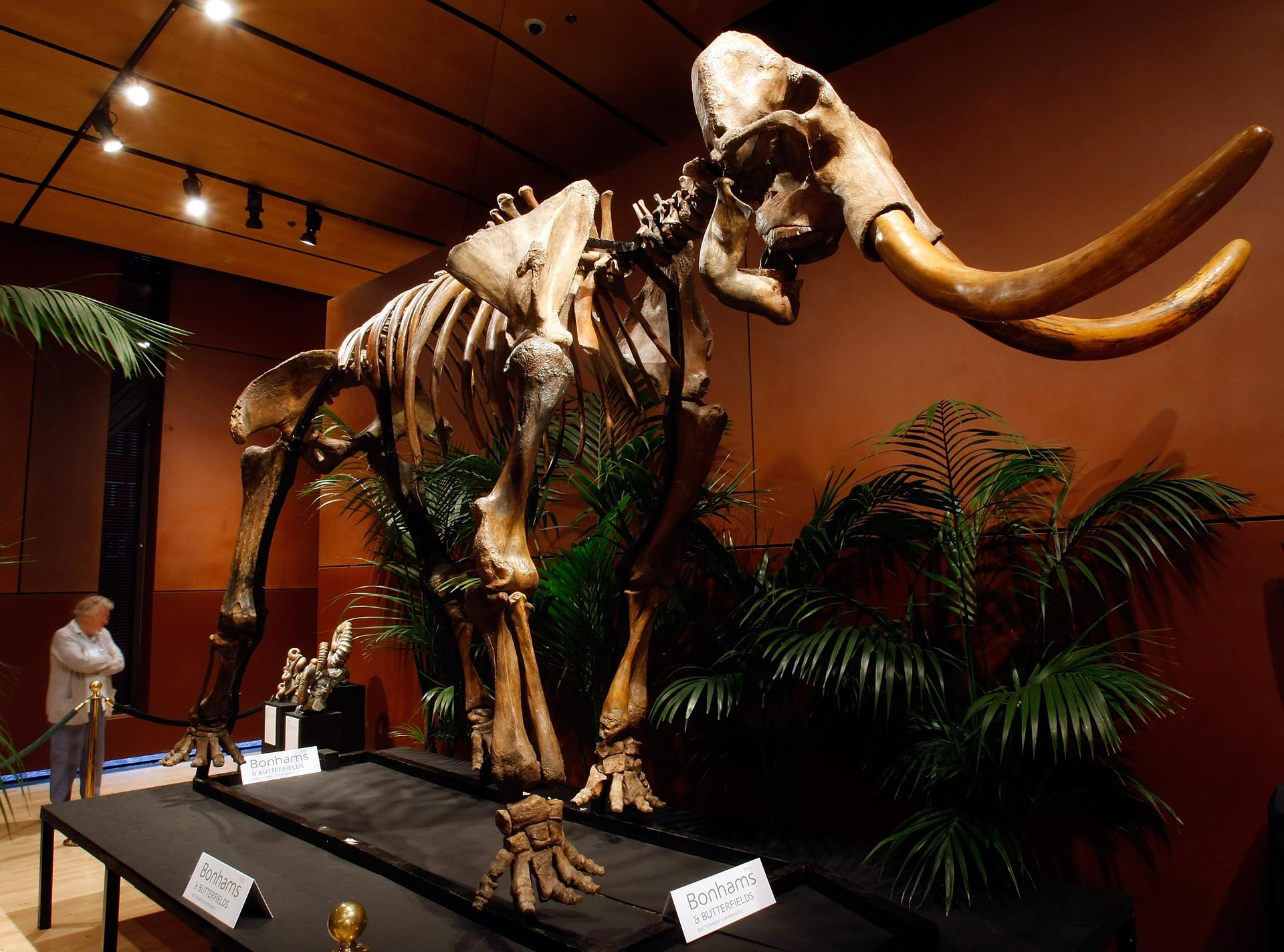Russians closer to cloning woolly mammoth with latest find
The mammoth carcass shows signs that humans and lions hunted together in earlier times.
Russian scientists studying a 10,000- to 15,000-year-old frozen woolly mammoth found in the Novosibirsk archipelago in the Arctic Ocean have retrieved fresh blood and well-preserved muscle tissue from the ancient carcass.
“The blood is very dark, it was found in ice cavities below the belly and when we broke these cavities with a poll pick, the blood came running out,” Semyon Grigoriev, head of the Museum of Mammoths of the Institute of Applied Ecology of the North at the North Eastern Federal University, said at a press conference on Wednesday.
“Interestingly, the temperature at the time of excavation was -7 to -10 degrees Celsius [19.4 to 14 degrees Fahrenheit],” Grigoriev said, indicating that woolly mammoth blood may contain some sort of natural anti-freeze.
The muscle tissue was also startlingly intact. “The meat looks pretty fresh, reddish in color in several places. I can’t say that the smell was very fresh, though,” Grigoriev told the Vesti television channel.
The woolly mammoth specimen is well-preserved because it did not defrost and then freeze again, Grigoriev explained.
Grigoriev team of scientists are working with South Korean stem cell expert Hwang Woo-suk's private bioengineering laboratory to clone the woolly mammoth, the Siberian Times reported.
According to Fox News:
Scientists already have deciphered much of the genetic code of the woolly mammoth from balls of mammoth hair found frozen in the Siberian permafrost.
The article you just read is free because dedicated readers and listeners like you chose to support our nonprofit newsroom. Our team works tirelessly to ensure you hear the latest in international, human-centered reporting every weekday. But our work would not be possible without you. We need your help.
Make a gift today to help us reach our $25,000 goal and keep The World going strong. Every gift will get us one step closer.
